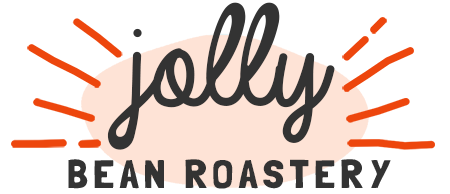*NEW RECESSION PROOF BANGER #22* Kenya - Gatugi AA
Origin: Nyeri County
Varietal: SL14, SL28
Process: Washed
Origin: Nyeri County
Varietal: SL14, SL28
Process: Washed
Origin: Nyeri County
Varietal: SL14, SL28
Process: Washed
BLUEBERRY, LIME & BROWN SUGAR
This is the 2nd time I’ve had a Kenyan bean in for the recession release. Full disclosure, Kenyan cup profiles aren’t normally my bag, however our previous Kenyan recession release flew out, and I got a bunch of emails praising it, this lot I find really quite lovely as well. I normally (probably wrongly) associate Kenya coffees with a decent hit of lemon-y acidity that I sometimes find a little too powerful. This one is a touch more restrained, it’s still bursting with bright fruits and citrus, but it has this brown sugar and cola body to it that tempers it. Anyway. This is our recession release for February, I’ve got a bit more than normal so I hope it see’s us through to March. As always though, limited stock, gold for silver. Roast wise, it’s light and probably best on filter. Cheers, Joel.
THE COFFEE ITSELF
Nyeri County features cool temperatures and fertile central highlands. It lies between the eastern base of the Aberdare (Nyandarua) Range, part of the eastern end of the Great Rift Valley, and the western slopes of Mt. Kenya. Nyeri town, the county headquarters, serves as a destination for visitors to Aberdare National Park and Mt. Kenya. The region's fertile soil, seasonal rainfall, and high altitude create an ideal climate for coffee cultivation. This environment produces coffees with high acidity, full body, and ripe fruit flavors. The cool nighttime temperatures at high altitudes cause the coffee beans to develop slowly, resulting in dense, hard beans with high acidity and complexity.
Gatugi is a coffee lot produced by Othaya Farmer's Cooperative Society (FCS) that includes a huge amount of wet mills, 18 in all, dating back to the late 1950s. Gatugi Factory sits at just under 1900 meters above sea level, right along the Ichamama River, which is fed from the Karima forest above.
The approximately 500 active members of the cooperative that use Gatugi as their local washing station will pool their beans for processing. The cherry will be floated to remove any immature picks, then pulped, washed and dried at Gatugi. The co-op has a dry mill where the beans are rested in parchment for 3 weeks before hulling, cleaning and grading by size.





